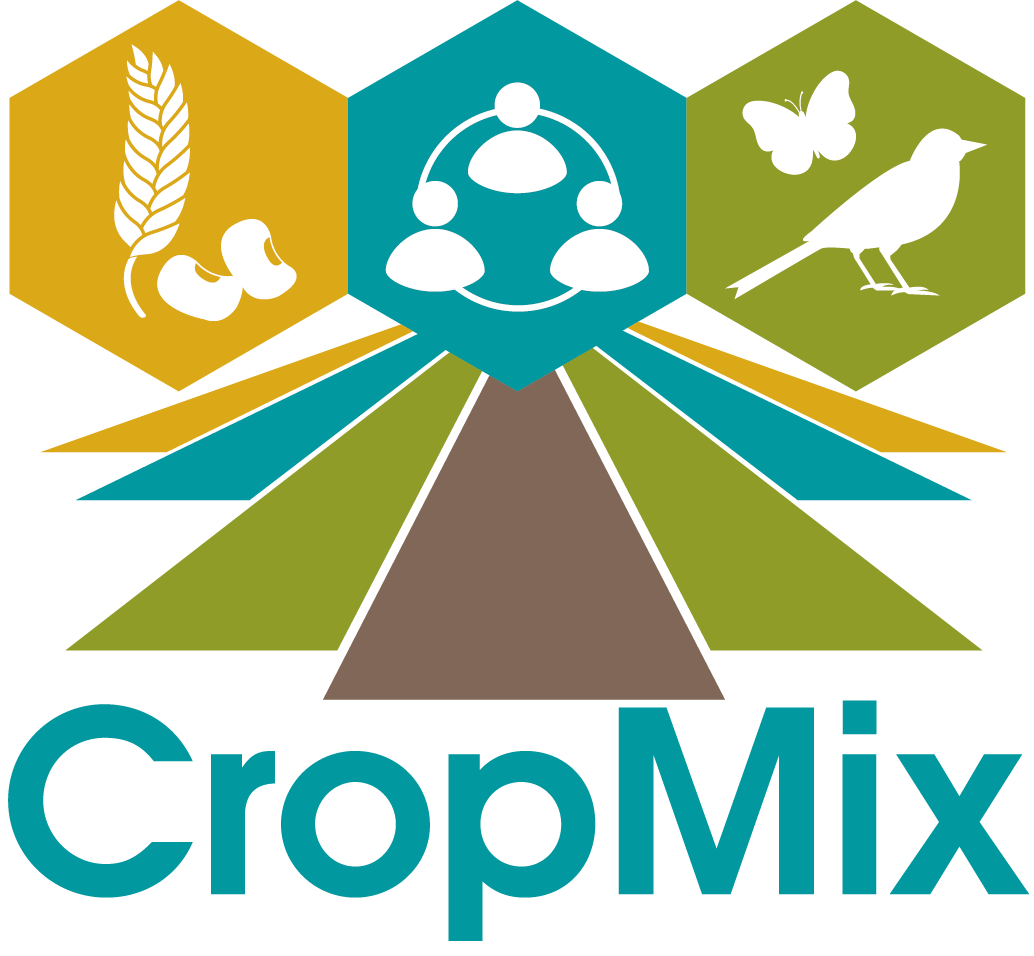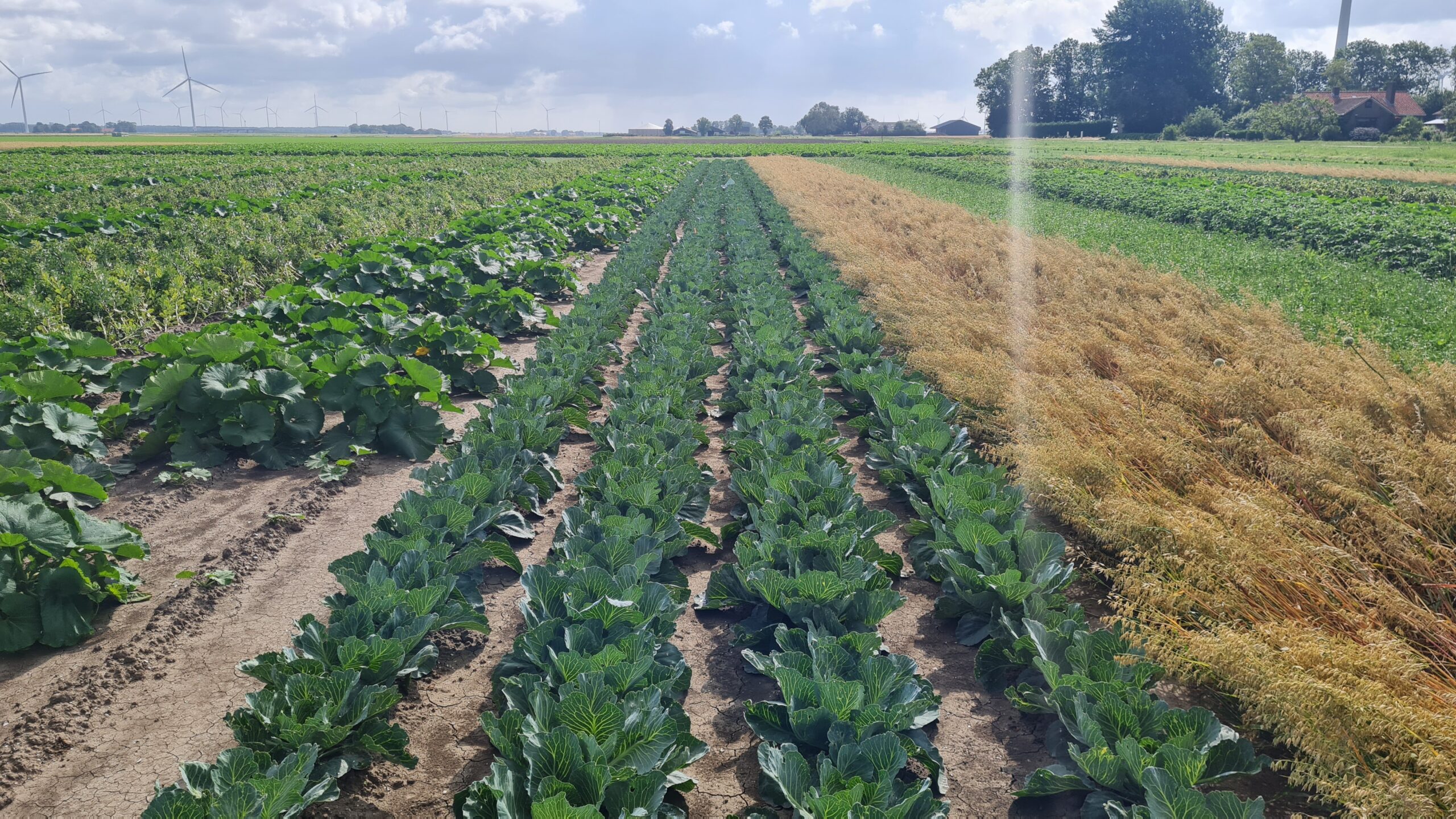Above ground interactions /
Optimizing microclimate-informed intercropping systems for sustainable agriculture


Researcher
Ana Ferreira Ernst
PhD candidate
Wageningen University & Research
I did my Bachelor’s degree in Agriculture Engineering at the Faculty of Science of the University of Porto, where I developed a keen fascination for understanding how crop ecophysiology links to management practices and the environment across different farming systems. During my MSc degree in Plant Sciences at Wageningen University & Research, I focused on crop modeling and different aspects of data sciences, such as statistical modeling, machine learning. This background provided me scientific foundation and motivation to further refine and approximate crop models to field-grown plants.
Joining CropMix is a great opportunity for me to address challenges at the intersection of management strategies that enhance diversity and heterogeneity while achieving a resource-efficient intensification. Moreover, it is incredibly insightful to be part of a collective of PhDs and researchers engaged in exploring the intricate interactions between agroecology, landscape, logistics, and social behavior. This collective effort is particularly notable in unraveling the complexities of scaling up diversity and understanding the dynamics of intercropping.
Research project
Project: 1.2.4. Optimizing microclimate-informed intercropping systems for sustainable agriculture
My project aims to unravel the dynamics between plant-plant interactions, canopy architecture, and microclimate in intercropping systems. I use a framework that integrates data collection, modeling, and in-silico experiments. By quantifying the impact of intercropping on microclimate variables like light, temperature, humidity, and turbulence, the project aims to scale these effects from leaf to crop level. By developing functional-structural plant models that also compute microclimatic conditions, the study aims to provide a deeper understanding of the interplay between plant processes and microclimatic conditions. Ultimately, the project seeks to optimize intercropping systems, with implications for resource use efficiency and crop performance.
Related projects
- Sustainable weed suppression > Amandrie Louw
- Resistance to herbivores and pathogens > Andi Dirham Nasruddin
- Effects of plant diversity on biocontrol > Gabriele Bolletta
Results and news
More information and news on this project will follow.
Researchers involved
- Jochem Evers
- Franca Bongers
- Alejandro Morales
Related research
- Sustainable weed suppression
- Resistance to herbivores and pathogens
- Effects of plant diversity on biocontrol
Other research from work package 1
Our work packages
This work package focuses on above-ground and below-ground interactions. We look at the interactions between plants, crops, insects and other species living in the field and the differences between strip cropping and monocultures.
Work package 2 looks at the economic feasibility of investments for farmers to switch to more crop-diverse systems, such as strip farming, and what factors influence their willingness to engage in ecologically sound farming.
We want to identify different transition pathways applicable to different situations. Think of farmers with wide strips and long value chains, but also farmers with narrow strips marketing in a short chain. Or perhaps very different cropping systems that use crop diversity, such as agroforestry. We also look at what consumers and other stakeholders think and their role in the transition to more sustainable agriculture.


